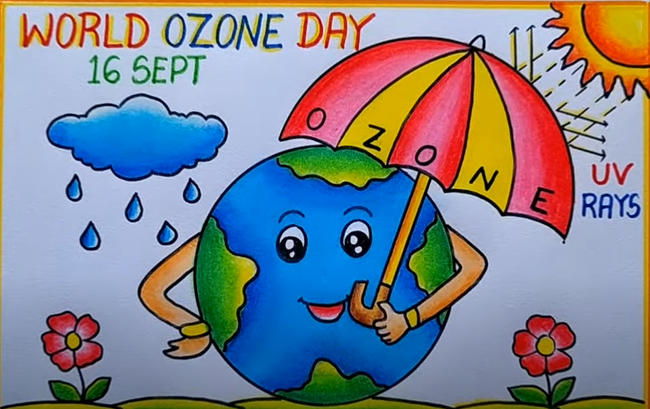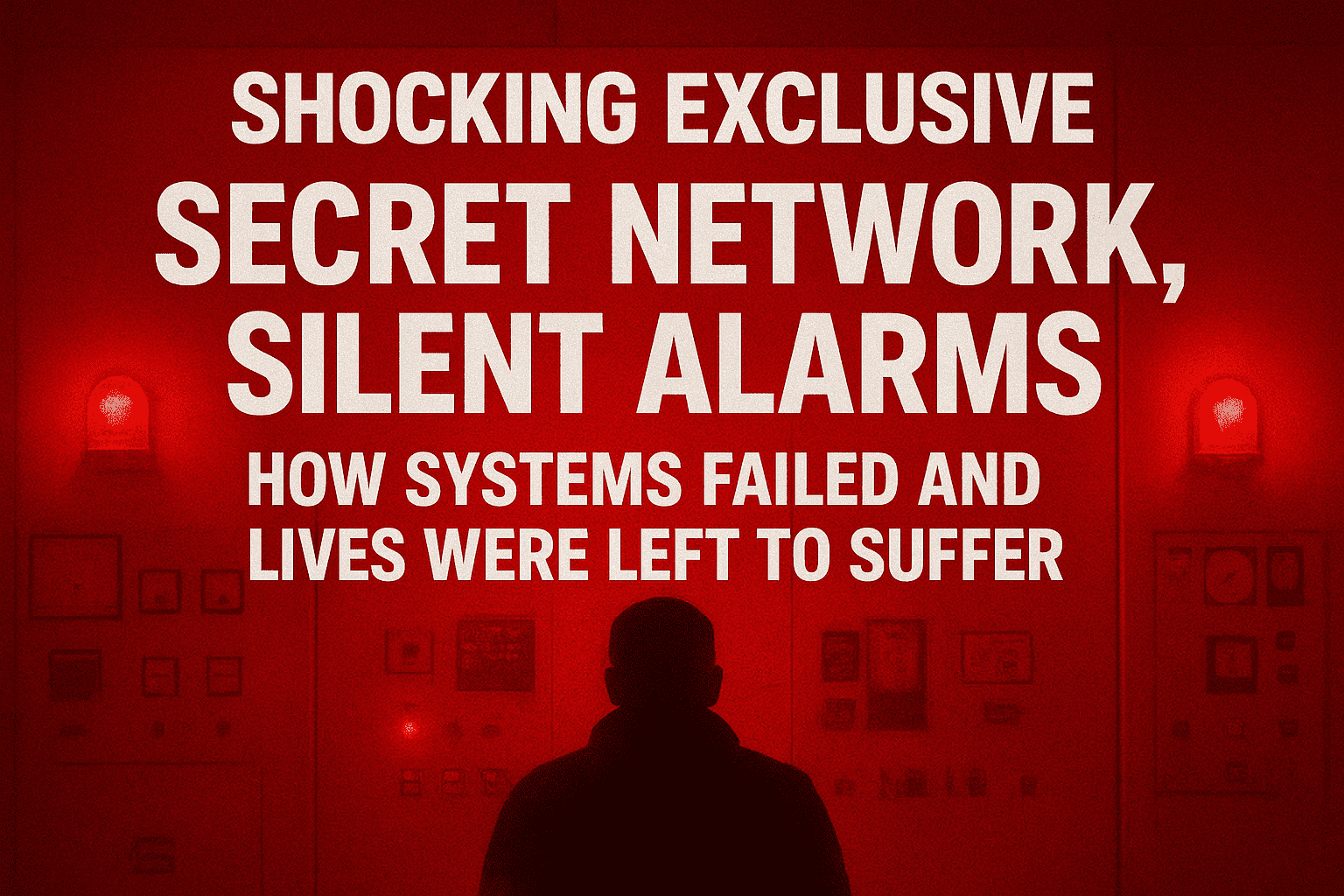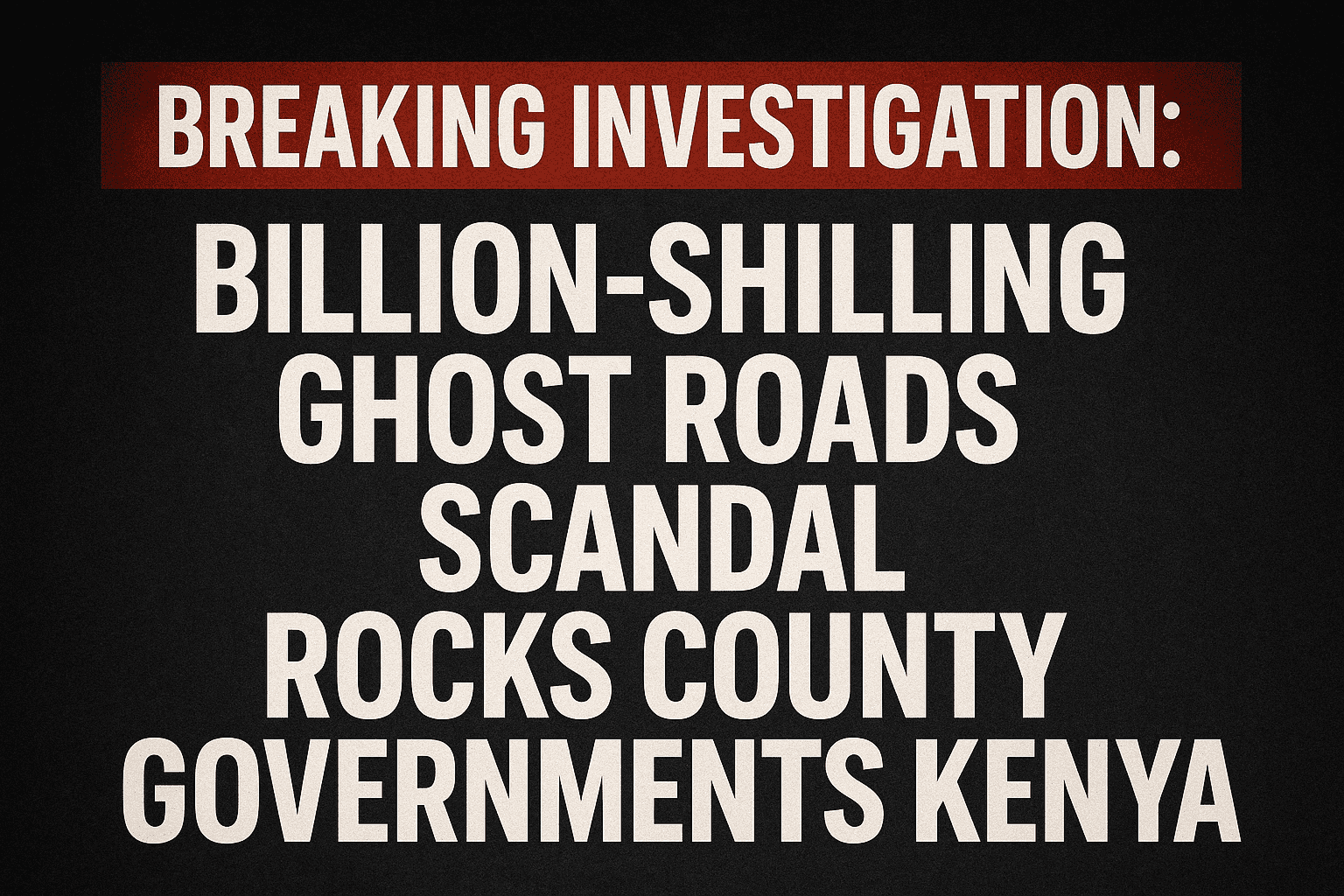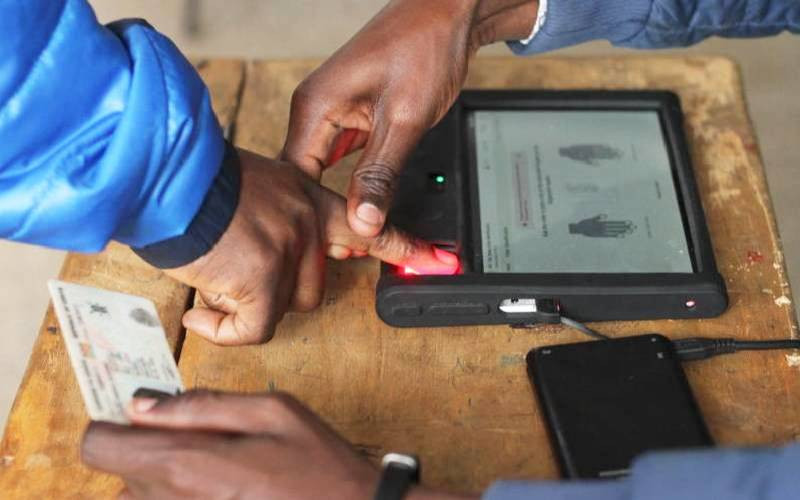The 2024 theme of the day is “Montreal Protocol: Advancing Climate Action”.
The World Ozone Day is observed annually on September 16. The goal is to raise awareness about the importance of preserving the ozone layer. The United Nations General Assembly established the day in 1994.
This was to commemorate the signing of the Montreal Protocol in 1987. This international treaty aims to phase out the production of substances that deplete the ozone layer. This helps protect Earth from harmful UV radiation.
The ozone layer, located in the Earth’s stratosphere, acts as a shield against the sun’s ultraviolet radiation. It plays a crucial role in preserving life on the planet by blocking harmful rays. The theme for 2024 is “Montreal Protocol: Advancing Climate Action.” It highlights the ongoing efforts to combat ozone depletion. It also addresses climate change.
The Montreal Protocol is considered a significant environmental success story. It was the first treaty to be signed by all countries worldwide. It led to the phase-out of ozone-depleting substances like CFCs and HCFCs.

There is a schedule for their reduction and eventual elimination. The treaty’s success is clear in achieving universal ratification in 2009 and the following Kigali Amendment in 2016.
The Vienna Convention for the Protection of the Ozone Layer was adopted in 1985. It laid the foundation for international cooperation to tackle ozone depletion. The scientific discovery of ozone layer depletion in the 1970s prompted global action, culminating in the Montreal Protocol.
The day serves as a reminder of the importance of environmental protection. It highlights the need for continued efforts to safeguard the ozone layer for future generations.
Importance of the Ozone Layer and Impacts of Depletion
The ozone layer is crucial for protecting Earth from harmful UV rays and maintaining a moderate temperature. It also plays a role in making the planet habitable for living organisms. It achieves this by reflecting harmful sun rays and allowing essential sunlight for photosynthesis.
Additionally, the ozone layer aids in charging devices like solar panels with fresh sunlight. The depletion of the ozone layer has significant impacts on human health, ecosystems, and agricultural productivity. Ozone layer depletion leads to an increase in skin cancers, eye cataracts, and immune deficiency disorders in humans.
It also disrupts terrestrial and aquatic ecosystems, affecting growth, food chains, and biochemical cycles. Aquatic life near the water’s surface is particularly vulnerable to high UV levels. Furthermore, UV rays hinder plant growth, reducing agricultural output.
Ongoing Research and Innovation in Ozone Protection
World Ozone Day emphasizes the importance of safeguarding oneself from excessive UV rays. It highlights ongoing research and innovation in ozone protection. It also highlights climate change mitigation.
Efforts are being made to tackle the depletion of the ozone layer and its consequences. Research and innovation play a crucial role in developing solutions to protect the ozone layer and combat climate change. These initiatives aim to mitigate the harmful effects of ozone layer depletion on human health, ecosystems, and agriculture.
Global Impact of Ozone Layer Depletion
The depletion of the ozone layer has global implications, affecting countries worldwide. It is essential to raise awareness about the significance of the ozone layer and the consequences of its depletion. By understanding the impacts of ozone layer depletion, individuals and communities can take proactive measures.
They can protect the ozone layer and mitigate climate change. Collaborative efforts on a global scale are necessary. We must tackle the challenges posed by ozone layer depletion. This will guarantee a sustainable future for all.
Call to Action for Ozone Protection
World Ozone Day serves as a reminder of the urgent need to protect the ozone layer and combat climate change. Individuals, governments, and organizations are encouraged to take action. They should reduce their carbon footprint. They should support sustainable practices.
They should advocate for policies that promote ozone protection. We can create a healthier environment by working together to preserve the ozone layer. We can also create a more sustainable environment. Both current and future generations will gain.















Leave a Reply